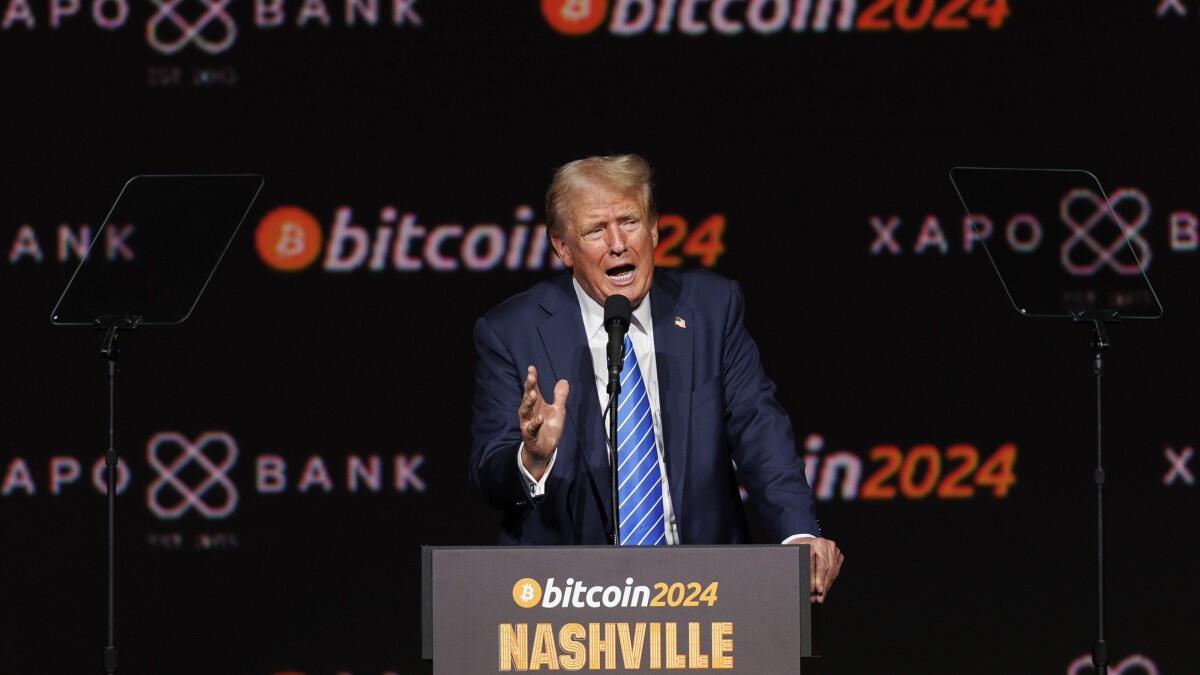Enjoy complimentary access to top ideas and insights — selected by our editors.Cryptocurrency has been enjoying its time in the spotlight, as lawmakers empowered by the pro-crypto Trump administration work to build a more welcoming environment for digital-asset players to access financial services. But legislators across the aisle remain conflicted on whether the regulators or the institutions themselves are to blame for past friction.The term debanking has been thrown around a lot in recent days, as Senate Banking Committee members seek out the root causes and culprits behind the rising tide of crypto firms losing access to banking services — or having difficulty getting access to begin with.During a hearing this month, Republican officials held that regulators with the Federal Deposit Insurance Corp. and other agencies were responsible for stifling bank activity in the digital-asset arena. Bank advocates say recent executive appointments have opened the door to providing clarity on just how involved institutions can be with crypto.Chris Brodersen, managing director of blockchain and digital assets at EisnerAmper, said the choice of David Sacks as “crypto and AI czar” and Mary Uyeda as the acting director of the Securities and Exchange Commission are signs of change.”Simply having someone formally in this role is a positive message to the industry, that there is someone who will focus on helping key regulatory agencies such as the SEC and CFTC create more industry-friendly policies,” Brodersen said. “This also means the previous ‘regulation by enforcement’ approach at the SEC will likely come to an end.”Read more: Bank customers still complain about crypto debankingAlongside the hearings, lead officials with the FDIC published more than 170 documents showcasing conversations from banks to the agency about engaging with cryptocurrencies and asking for regulatory clarity on what actions are allowed.The release was the latest in an ongoing Freedom of Information Act lawsuit brought by crypto exchange Coinbase against the FDIC last year, after the agency allegedly denied Coinbase’s requests for pause letters and other relevant documents to be disclosed.FDIC Acting Chair Travis Hill and experts with the American Bankers Association were in agreement that the documents showed how the agency’s reserved attitude towards crypto was detrimental to banks’ operations.”The documents recently released by the FDIC and recent testimony in Congress demonstrate how guidance and policy statements from prudential regulators over the last four years have discouraged banks from pursuing business in the digital asset market,” Brooke Ybarra, senior vice president of innovation and strategy at the ABA, said. Read more: National banks must continue exercising caution with cryptocurrenciesThese developments come in the wake of President Donald Trump’s “Strengthening American Leadership in Digital Financial Technology” executive order, which sets out to safeguard acce

